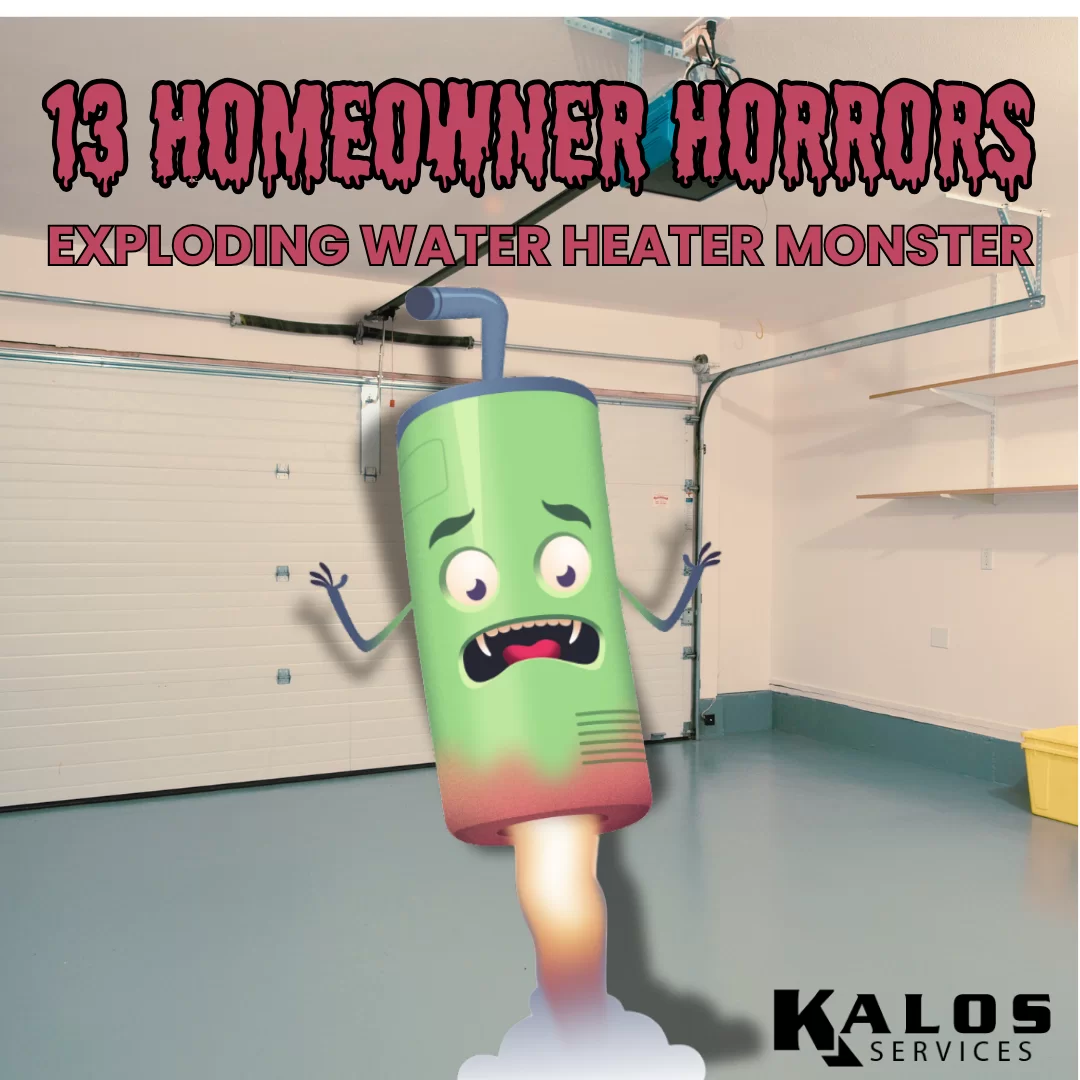A man—we’ll call him Mr. B— was working on his car in the garage and noticed that there was some water underneath his electric water heater a few feet away. The thermostat had stopped working a while ago, but the water temperature wasn’t too bad, so Mr. B didn’t call a plumber. He was less than thrilled at the possibility that he’d have to bite the bullet this time.
However, it wasn’t that much water—maybe he could find the leak on his own and MacGyver it. Mr. B was a self-proclaimed handyman, after all. He looked up and down to find a leak and realized that a valve on the side was dripping little bits of water.
To save himself the time and money it would take to call a professional plumber out, Mr. B decided to cap it off with some tools and spare parts he had around his garage. It stopped leaking almost immediately.
“Oh, an easy DIY fix,” he thought.
After a long day of working on the car, Mr. B was all sweaty and decided to take a nice, long, hot shower upstairs in the master bedroom. He waited a few minutes for the water to heat up and got inside. While he was shampooing his hair, his entire house rocked as he heard a massive…
BANG!
He ran out of the shower and saw a hole in the floor—and the ceiling—and the attic ceiling—and the roof decking. Upon looking straight into the hole below, he saw a fire and a black spot where his water heater used to be.
Mr. B was lucky to have escaped without major injury. However, his homeowner’s insurance wasn’t so lucky, and exploding water heaters can have (and have had) deadly consequences.
Water heaters can explode when the temperature and pressure of the water in the tank dramatically rise, the tank corrodes, or sediment builds up. In the case of Mr. B’s water heater, the tank heated up and was unable to relieve pressure. These types of water heater explosions happen when three conditions are met:
- The thermostat’s limit switch has failed
- The pressure relief valve is shut
- The water can’t drain out when pressure builds up
Mr. B made two major blunders: refusing to call a plumber when his thermostat quit working and capping the stressed pressure relief valve. Here are some signs that it’s time to call a plumber to investigate your water heater to prevent a possible explosion:
- Leaky pressure relief valves
- Rust or corrosion
- Leaks of any kind
- Strange noises from the water heater
- It has been a year since the pressure relief valve was tested
Though rare, water heater explosions do happen. As with everything else related to home appliances, prevention is the best cure. A plumbing maintenance plan can help offer you some peace of mind, but be sure to keep a close eye and ear out for anything that “just seems off” with your water heater.






